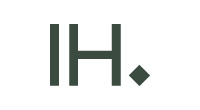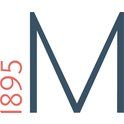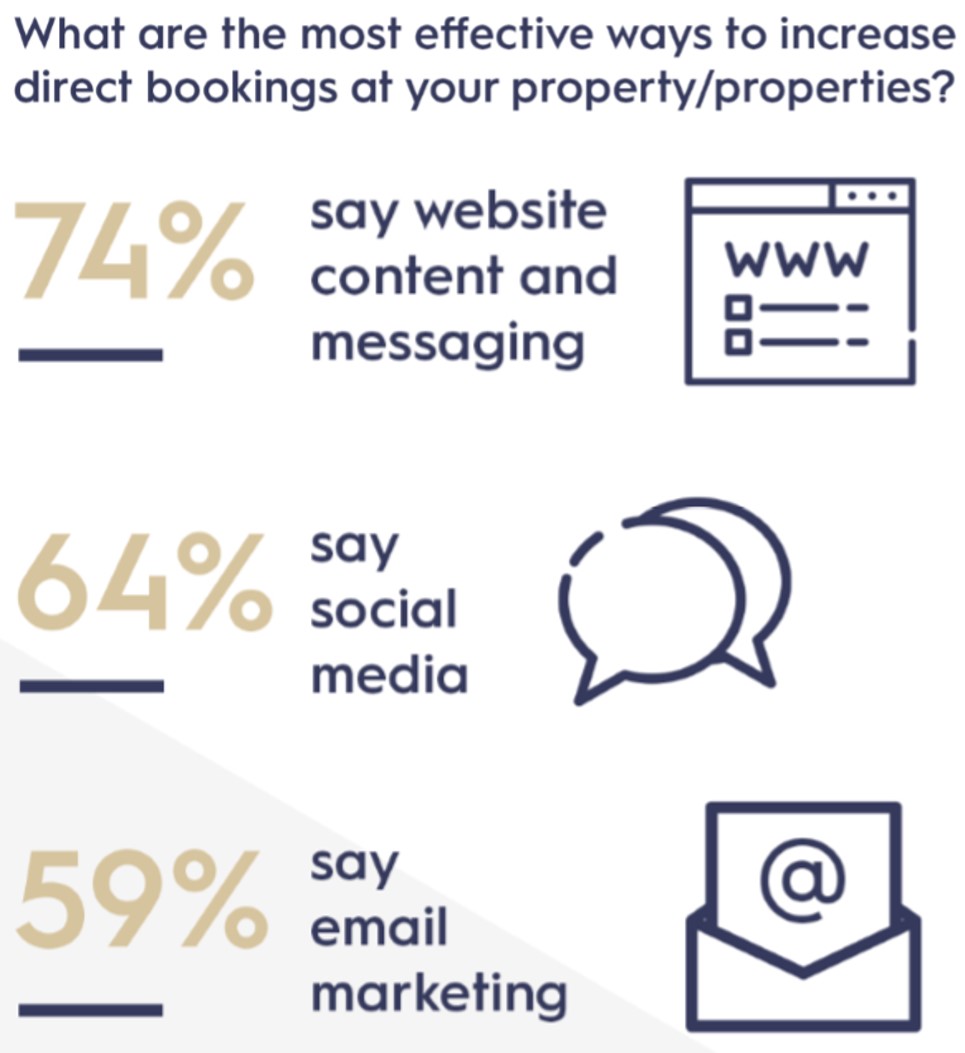Survey: Direct Bookings vs. OTAs
New research into the delicate relationship between hotels and booking sites provides the latest insights into both the frustrations and the positive side of this hard-to-manage relationship.



New research into the delicate relationship between hotels and booking sites provides the latest insights into both the frustrations and the positive side of this hard-to-manage relationship.
Distribution strategies for the hotel industry or "through which channels do I sell my rooms" is today's hot topic, especially for independent hotels.
In April, Independent Hotel Show Amsterdam and Avvio conducted a research project to explore how the industry feels about the inevitable rise of OTAs (online travel agencies). Nearly 150 hotels participated in the project, together accounting for millions of online bookings each year.
In general, the OTAs are considered an important part of the marketing mix, however the frustration regarding high commissions means the vast majority of hotels take the stimulation of direct bookings very seriously.
The Questionnaire
Responses came from the Netherlands, UK, Belgium and Germany, with more than sixty percent of the participants being hotel owners or managers. Other respondents are involved with reservations on a daily basis.
Almost a third of the hoteliers own more than a hundred rooms and a large number say they own more than fifty rooms. Three-quarters of the hotels are managed independently and responsible for their own revenue or yield management.
Hoteliers are working hard to encourage direct bookings; seventy percent admit that they take securing as many direct bookings as possible seriously or very seriously. And the main driver of this seems to be the commissions charged by booking sites; the majority find these rates unacceptable.
The Top 10 Frustrations
- Big players are able to monopolise the market
- Commissions have risen to an unacceptable level
- A marketplace is controlled by dotcom companies without a hotel heart
- 'Rate Parity' means there is no freedom to adjust prices yourself
- The position and ranking of independent hotels are weak in next to the large chains
- Slow response for questions from front office, with direct guest contact impossible when it comes to check in
- Their dominance on Google and the effect on individual hotel websites - some hoteliers feel OTAs should not be allowed to buy individual hotel name in Google Ads.
- Public perception is that they get the best deal through the booking sites
- Offering prepaid rooms without indicating that this cannot be cancelled
- Booking sites failing to take into account the cancellation terms of hotels
Cooperating with the OTAs
Almost all the hoteliers surveyed work together with booking sites and realize the benefits. Only 6% refuse to receive bookings via OTAs because of excessive commissions.
From the 94% of the hotels that receive reservations via OTAs, more than 60% think that booking sites ensure a structured offer for the hotel guest that can be easily compared by timing and region.
Despite the high commissions, OTAs bring hotel guests from all over the world and more than half of the hoteliers acknowledge they can save on marketing costs due to the international reach of OTAs.
Also, a large majority (60%) of the hoteliers say they also rely on the booking sites to check prices of their competitors.
Meeting in Middle?
58% of the respondents think a mix of 70% direct bookings and 30% OTA bookings is optimal as almost half of the hotels consider the commission of the hotels as unacceptably high, especially when it comes to returning hotel guests.
Hoteliers often assess communication with OTAs as 'neutral', which is also the outcome on the question of how they feel these companies handle guest data.
Securing Your Own Bookings
Hoteliers' put a lot of energy into the content of their own websites in order to improve the findability (with 73% stating this is how they hope to secure more direct bookings).
Having a "best price guarantee" on the site is then the most popular promotion used to stimulate direct bookings (71%) followed by incentives such as a welcome drink, late check-out and a discount for repeat bookings (70%). More than half of the respondents utilise loyalty programs to maintain direct contact with guests.
Almost 65% believe in promoting rooms directly through Social Media and 50% also use email marketing campaigns, aimed at returning guests. For their Social Media channels, 60% say Facebook has been most effective followed by Instagram (33%).
Explore Direct Bookings at the Independent Hotel Show
On Thursday 9th of May, Frank Reeves, Co-founder and CEO of Avvio, will give a workshop on this topic to the guests of the Independent Hotel Show Amsterdam:
"Guests need the right incentives to book directly with a hotel, whether it is a special offer or bonus service that is limited to direct bookings. But, the most important element is to choose the incentive that is most effective for the individual booker. This is possible by using the right technology that can select the most relevant offer or booking information to present to your potential guest. My session at the Independent Hotel Show in Amsterdam will show how technology can help your hotel gain more control on your direct booking strategy. Good hoteliers know that what really makes your guests feel special is real personal service and this is just as applicable to the digital interactions of a guest with a hotel as to the personal interaction with hotel staff. "
Anastasia Yates
Marketing Manager
+44 (0)20 7886 3054
Montgomery Group




